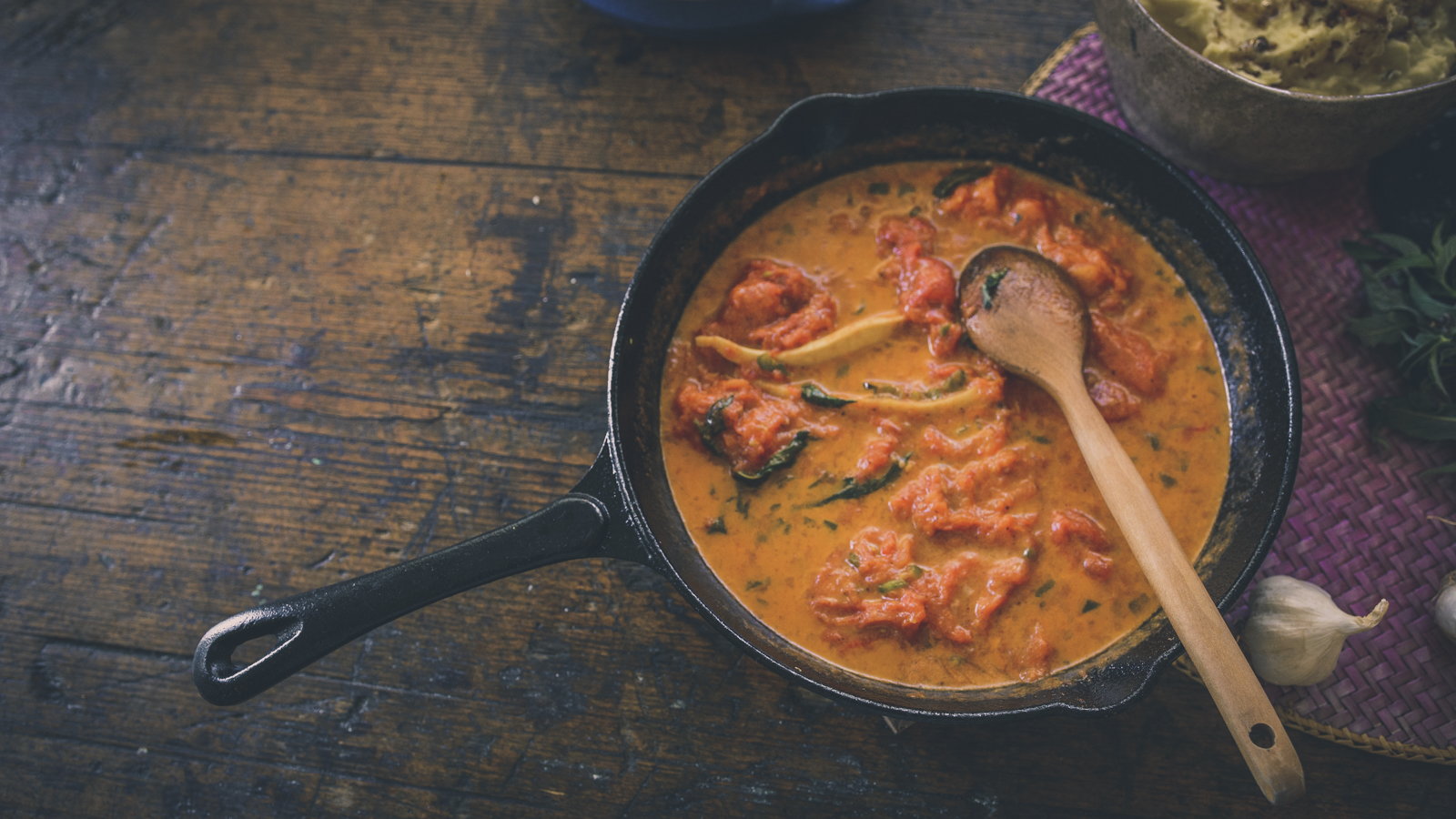
Most pregnant women have heard about the importance of getting enough iron in their diets while pregnant – and most try to stay vigilant about taking supplements and maintaining a healthy diet – yet iron-deficiency anemia remains a common problem during pregnancy. Some experts estimate that as many as one in five pregnant women will get anemia during pregnancy. So what exactly is anemia, and how can you prevent it?
Understanding and Preventing Anemia
Your body needs iron to make hemoglobin, which is a key component of red blood cells. When you are pregnant, your body is busy making much more blood – almost 50 percent more – for you and your baby, so you need more iron. The recommended daily iron intake increases from 18 milligrams to 27 milligrams while you are pregnant. (Most prenatal vitamins contain 30 milligrams of iron). If you don’t have enough iron in your diet or iron stores in your body while you are pregnant, you become anemic.
Some women are especially at risk for iron-deficiency anemia, including those who smoke, those who have two pregnancies close together or are pregnant with twins, those who have had heavy menstrual periods before becoming pregnant, or those who have severe morning sickness with frequent vomiting.

Some women have anemia without even realizing it, particularly because one of the most common symptoms is fatigue, which you are probably already feeling while you are pregnant. Other symptoms can include weakness or dizziness, a pale appearance, or shortness of breath. Anemia can be dangerous because it could create complications for you during delivery – especially if you have a lot of bleeding – or during your post-partum recovery period. Your baby will use your iron stores before your body gets them, so your baby is more likely to be OK, but if you have a severe iron deficiency, your baby may be anemic at birth too. Babies born to women suffering from anemia also have a greater chance of being born prematurely or suffering from low birth weight.
Usually, your doctor will give you blood tests two different times during your pregnancy to determine if you are anemic – one at the first prenatal visit and another between 24 and 28 weeks. The test will check for the percentage of red blood cells in your blood and the amount of hemoglobin. If these levels drop too low, your doctor will probably prescribe an iron supplement (beyond what you are already getting in your prenatal vitamin).

Sometimes iron supplements can cause digestive problems. If you need to take a special iron supplement, start slowly and take the pills at mealtime. If the additional iron causes you to become constipated, make sure you drink plenty of liquids and eat fiber-rich foods like fruits and vegetables (with the skin on).
The best way to avoid iron-deficiency anemia altogether is to incorporate iron into your healthy pregnancy diet. Good dietary sources of iron include dark meats, dried fruits, dark green leafy vegetables, oatmeal, beans, and nuts, and iron-fortified breads or cereals. When you are consuming your iron-rich foods, try to eat them along with foods rich in Vitamin C, such as orange juice, tomatoes, or strawberries, because those foods will help your body absorb the iron. Try to avoid eating your iron-rich foods at the same time as coffee, tea, egg yolks, milk, or other calcium-rich food because those foods tend to inhibit iron absorption.
If you find yourself craving non-food items like chalk or dirt, it could be a sign of pica, a disease related to iron deficiency. Don’t give in to those cravings, and let your doctor know as soon as you can so that you can be treated properly.
Having anemia during pregnancy may sound frightening – and it is serious – but it is fairly common and somewhat easily remedied with iron supplements. The key to avoiding anemia during pregnancy is to remain vigilant about your diet and your prenatal care. Remember that the better health you stay in, the more likely you will be able to share the gift of good health with your baby.
